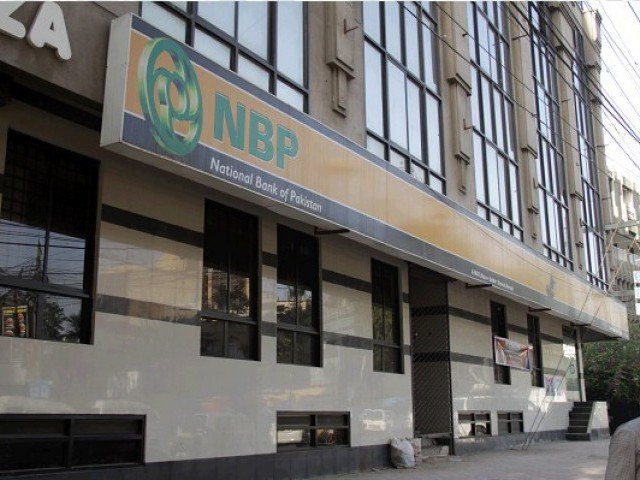The government deferred a decision on the privatisation of the National Bank of Pakistan (NBP) due to a legal obstacle.
This move contradicts an earlier commitment to the International Monetary Fund (IMF) to remove the special status of seven government-owned firms, including the NBP.
“The Cabinet Committee approved that the National Bank of Pakistan, being a part of the Sovereign Welfare Fund, is exempted from the SOE Act 2003 and hence not required to be categorised,” said the Ministry of Finance.
The committee also decided to retain the EXIM Bank in the public sector by declaring it an essential State-Owned Enterprise (SOE).
According to the Pakistan Sovereign Wealth Fund Act, companies under its administrative control are exempt from the SOE Act of 2023. However, Section 50 of the Pakistan Sovereign Wealth Fund Act exempts its administered firms from the SOE law.
To reach a staff-level agreement with the IMF, the government agreed last month to amend the Pakistan Sovereign Wealth Act to end the special status of the NBP and six other profitable entities.
These entities include the Oil and Gas Development Company Limited (OGDCL), Pakistan Petroleum Limited (PPL), Mari Petroleum, National Bank of Pakistan (NBP), Pakistan Development Fund, Government Holdings (Private) Limited, and Neelum-Jhelum Hydropower Company.
As a major concession, Pakistan agreed to omit Section 50 from the PSWF Act by the end of December, which would bring these seven firms under the ambit of the SOE Act 2023.
The amended law will explicitly clarify that all government-owned entities are subject to the SOE Act and SOE Policy. Pakistan has also committed to amending all relevant sections of the law that deal with the objectives, businesses, governance, sources of revenue, withdrawal of funds, and public asset management of the wealth fund.
Some members of the CCoSOEs argued for the NBP’s privatisation, but the matter was postponed due to legal obstacles.
The CCoSOEs is currently categorising the remaining 61 entities, with non-essential and non-strategic companies slated for privatisation.
Last week, the Cabinet Committee on Privatisation (CCoP) deferred a decision on including 16 new government-owned enterprises in the active privatisation list. The CCoP reinforced its three-month-old decision to privatise 24 enterprises, many of which have been on the active privatisation list for years.
The Cabinet Committee on SOEs approved merging the National Security Printing Company (NSPC) with the Pakistan Security Printing Corporation (PSPC).
The Ministry of Finance and SBP were directed to complete the formalities and present an implementation plan before the cabinet committee, said the finance ministry.
The NSPC was carved out from the PSPC, creating operational issues in printing security documents. It was also decided that the finance ministry will sell its stakes in the NSPC to the central bank.
The CCoSOEs decided that the Zarai Taraqiati Bank Limited (ZTBL) will be privatised, although it was already on the privatisation list approved by the CCoP.
The cabinet committee was informed that the First Women Bank Limited and the House Building Finance Company were at advanced stages of privatisation. The finance ministry is also in the process of liquidating the Industrial Development Bank Limited and winding up the SME Bank.
There are about nine companies under the direct control of the finance ministry, with three or four slated for privatisation. However, the ministry has not yet made the boards of the ZTBL and Exim Bank operational, raising questions about its efficiency.




